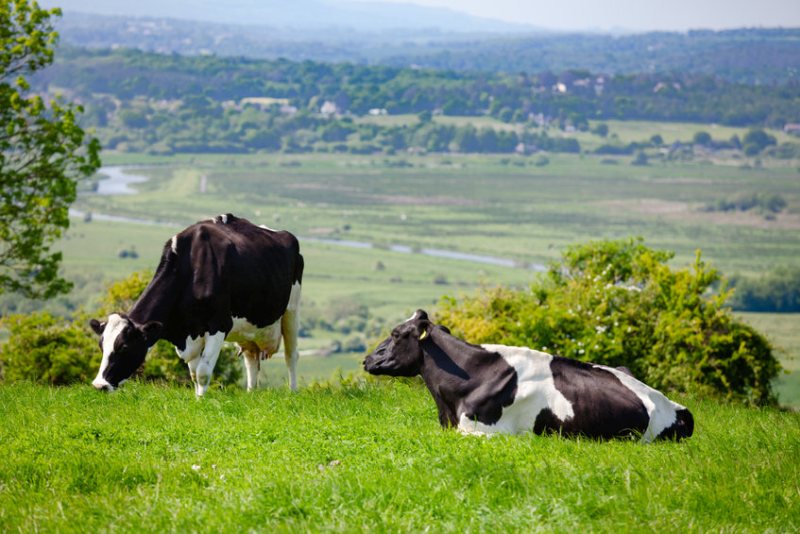
New research has found the prevalence of the parasite Cryptosporidium to be greater than presumed, equating to a 'serious threat' to the dairy industry.
Focusing on specimens of herds across Belgium, France and the Netherlands, consisting of 57 farms in total, the parasite was found to be 20-25% prevalent across all countries.
These findings indicate that Cryptosporidium, which causes severe sickness in cattle, has reached such levels as to be of major concern to the dairy sector in western Europe.
Researchers from the University of Kent’s School of Biosciences screened for the parasite in young calves and their mothers, leading to the discovery of different strains of Cryptosporidium.
This suggests that the parasite is not inherited from the mothers, but might be accumulated from the environment.
Coinciding with several outbreaks in recent years, researchers anticipate this might also spread in humans, especially when increased flooding may cause sewage to spread into water reservoirs.
Cryptosporidium is dangerous owing the severe and lethal sickness it causes in dairy cattle and the threat it holds for human life, especially for young children or immunocompromised individuals.
The parasite is also concerning as it becomes infectious in chlorine, meaning that traditional methods of stopping parasitic spread act to increase chances of infection, rather than preventing.
Dr Anastasios Tsaousis, of Kent’s School of Biosciences and author of the paper, said: "This research is of major importance in terms of product value in the dairy farm industry and safety to human life.
"The findings indicate Cryptosporidium levels to be so high as to be of severe concern to the European and UK dairy market.
"This confirms the importance of an One Health approach when studying an outbreak akin to Cryptosporidium: we must consider its impact on human life, animal wellbeing and the environment."
The paper was funded by a European grant by the Interreg-2-seas and it is published in the journal Microorganisms.
